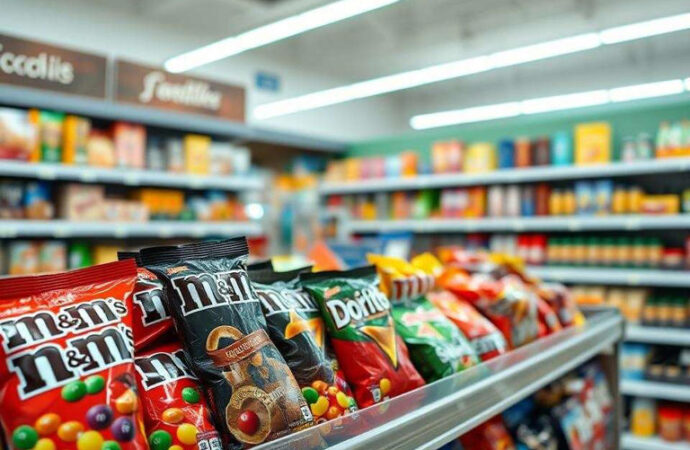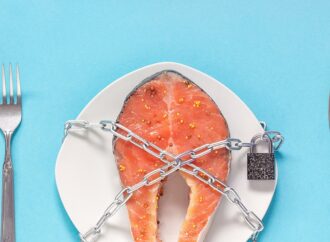Report
A major food safety bill in Texas could soon require warning labels on packaged foods that contain ingredients banned or restricted in other countries. Senate Bill 25, supported by the U.S. Health and Human Services Secretary Robert F. Kennedy Jr. has passed the state legislature and now awaits Governor Greg Abbott’s signature.
If the bill becomes law, starting in 2027, foods with over 40 listed additives—such as synthetic dyes, bleached flour, and titanium dioxide—will need to carry warning labels. This could impact well-known products like Skittles, Mountain Dew, Froot Loops, and Doritos unless companies change their recipes. The law would require packaging to clearly state when a food contains ingredients “not recommended for human consumption” by other countries. The warning must be easy to see, printed in a clear font and high-contrast colour.
A Push for Safer Food
Supporters say the bill is a step toward healthier food. “This could spark big changes in the food industry,” said food activist Vani Hari, known as Food Babe. Texas would be the first state to introduce such labelling, and experts believe food companies may make national changes to avoid creating separate packaging just for Texas.
Federal Exceptions Built In
There’s an exception in the bill: If the FDA or USDA bans, restricts, or labels any of the ingredients after September 1, 2024, Texas won’t require its label. The FDA and HHS have already said they plan to work with companies to phase out synthetic dyes by 2026, though no final rule has been announced.
Industry Pushes Back
Big food companies like PepsiCo, Coca-Cola, Mondelez, and Walmart have urged Texas leaders to reject the bill. In a letter, they argued that the warnings could mislead consumers and increase costs. “The ingredients in U.S. foods are safe and backed by science,” said John Hewitt from the Consumer Brands Association. Critics also say the law relies too much on foreign standards rather than U.S. regulations.
Public Health vs. Industry Concerns
Despite the pushback, public health advocates believe this law could lead to cleaner, safer food. Many of the additives listed in the bill are already banned in Europe and other regions. If signed by the governor, Senate Bill 25 would take effect in 2027, marking a bold move in America’s food safety conversation.
Source: Hindustan Times
 Food Manifest
Food Manifest 


















